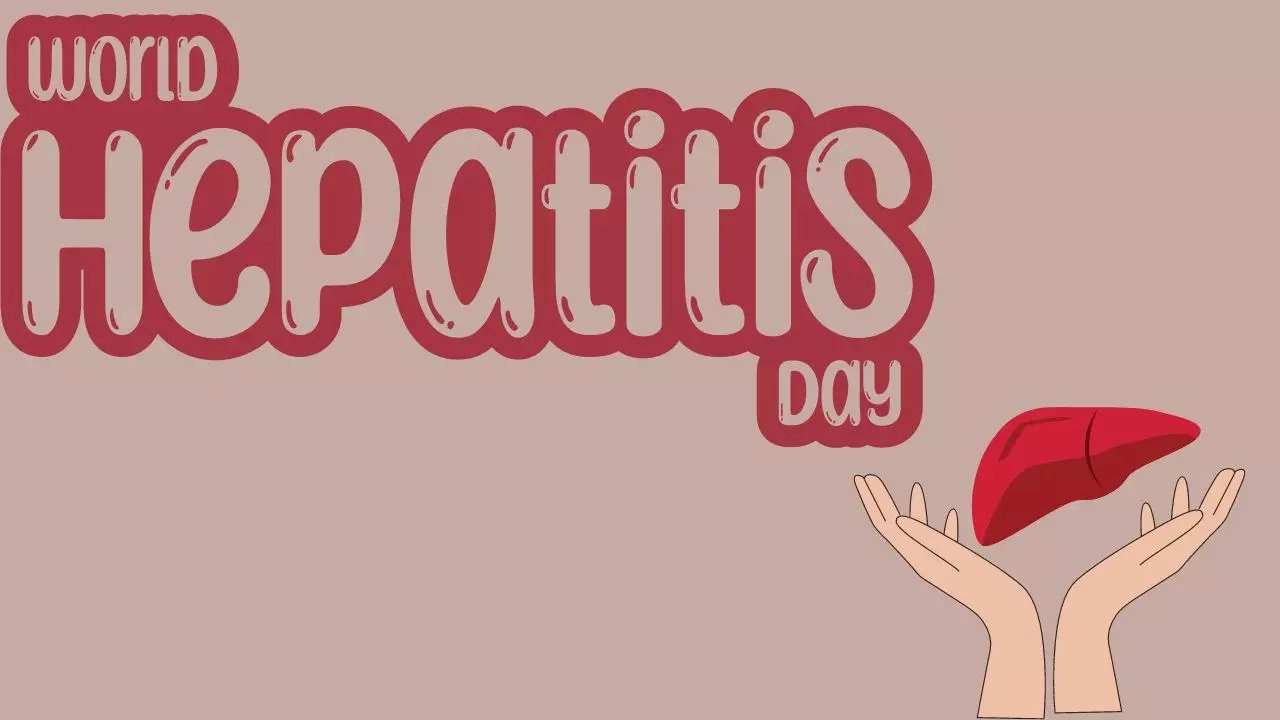Debosmita Ghosh • 27 Jul 2024
World Hepatitis Day 2024: Date, Theme, Significance And Types Of The Liver Disease

Check Date, Theme, Significance Of World Hepatitis Day
Photo : Times Now
Hepatitis is a condition characterized by inflammation of the liver. ‘Hepa’ means liver, and ‘itis’ means inflammation. It is usually caused by infections, particularly virus-related ones, drugs, alcohol, and a few metabolic conditions. World Hepatitis Day aims to raise awareness about the liver condition. The day also highlights the importance of prevention, testing and treatment. According to reports, hepatitis or hepatitis-related illnesses cause one death every 30 seconds worldwide. Therefore, it is extremely important to spread awareness about the disease so as to curb and prevent the spread of the disease.
Here, take a look at the date, theme and types of hepatitis.
World Hepatitis Day Date and Theme
World Hepatitis Day is observed every year on July 28 every year. This year, the crucial day will be observed on Sunday. The theme for World Hepatitis Day is, “It’s time for action.” The World Health Organisation (WHO) says, “With a person dying every 30 seconds from a hepatitis-related illness, we must accelerate action on better prevention, diagnosis, and treatment to save lives and improve health outcomes.”
Types Of Hepatitis
There are five different types of Hepatitis; hepatitis A, hepatitis B, hepatitis C, hepatitis D and hepatitis E. All these five different types occur due to the five different strains. WHO says, “While they all cause liver disease, they differ in important ways including modes of transmission, severity of the illness, geographical distribution and prevention methods.
Hepatitis A virus
Commonly known as HAV, it is present in the faeces of infected individuals and is usually transmitted through the consumption of contaminated water or food. Certain sex practices can also spread HAV.
Hepatitis B virus
Also known as HBV, this is transmitted through exposure to infected blood, semen and other body fluids. HBV can also be transmitted from infected mothers to infants at the time of birth or from family members to infants in early childhood. One might also get infected through transfusions of HBV-contaminated blood and blood products, contaminated injections during medical procedures, and through injection drug use.
Hepatitis C virus
Also known as HCV, this is transmitted through exposure to infected blood. This may happen through transfusions of HCV-contaminated blood and blood products, contaminated injections during medical procedures, and through injection drug use.
Hepatitis D virus
Also known as HDV, this infection can only happen in people who are already infected with HBV. The dual infection of HDV and HBV can result in a more serious disease and worse outcome. Hepatitis B vaccines provide protection from HDV infection, says WHO.
Hepatitis E virus
Also known as HEV, this is usually transmitted through the consumption of contaminated water or food. HEV is a common cause of hepatitis outbreaks in developing parts of the world and is increasingly recognized as an important cause of disease in developed countries.